The referenced question is about fields inside of a class and they are all zero-initialized and managed types are properly finalized during instance destruction.
Your code is about calling a function with a managed return type within the loop. A local variable of a managed type is initialized once - at the beginning of the routine. A managed return type under the hood is treated by the compiler as a var parameter. So after the first call, it passes what looks to be A to Test twice - as the A parameter and for the Result.
But your assessment that modifying Result also affects A (the parameter) is not correct which we can prove by changing the code a bit:
function Test(var A: TArray<Integer>; I: Integer): TArray<Integer>;
begin
SetLength(Result, 3); // Breakpoint here
Result[0] := I;
end;
procedure Main;
var
A: TArray<Integer>;
I: Integer;
begin
for I := 1 to 3 do
A := Test(A, I);
A := Test(A, 0);
end;
When you single step through Test you will see that changing Result[0] will not change A. That is because SetLength will create a copy because the compiler introduced a second variable it uses temporarily for passing Result and after the call to Test it assigns that to A (the local variable) - you can see that in the disassembly view which will look similar to this for the line in the loop (I use $O+ to make the code a little denser than it would be without optimization):
Project1.dpr.21: A := Test(A, I);
0041A3BD 8D4DF8 lea ecx,[ebp-$08]
0041A3C0 8D45FC lea eax,
0041A3C3 8BD3 mov edx,ebx
0041A3C5 E8B2FFFFFF call Test
0041A3CA 8B55F8 mov edx,[ebp-$08]
0041A3CD 8D45FC lea eax,[ebp-$04]
0041A3D0 8B0DC8244000 mov ecx,[$004024c8]
0041A3D6 E855E7FEFF call @DynArrayAsg
0041A3DB 43 inc ebx
Knowing the default calling convention is first three parameters in eax, edx, and ecx, we know eax is the A parameter, edx is I and ecx is Result (the aforementioned Result var parameter is always last). We see that it uses different locations on the stack ([ebp-$04] which is the A variable and [ebp-$08] which is the compiler introduced variable). And after the call we see that the compiler inserted an additional call to System._DynArrayAsg which then assigns the compiler introduced temp variable for Result to A.
Here is a screenshot of the second call to Test:

